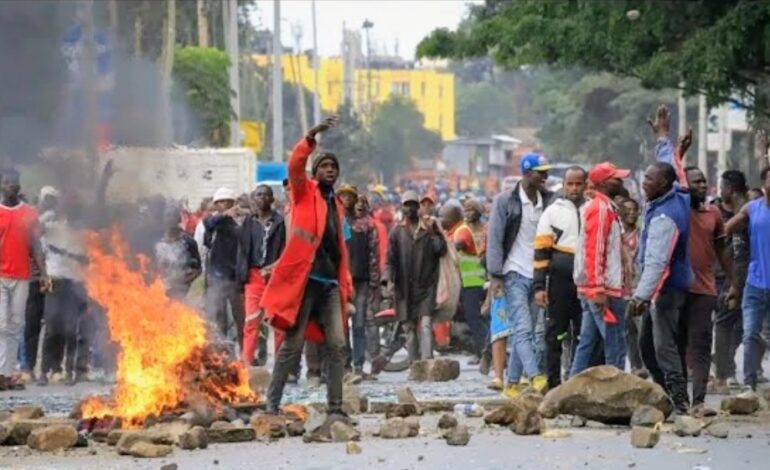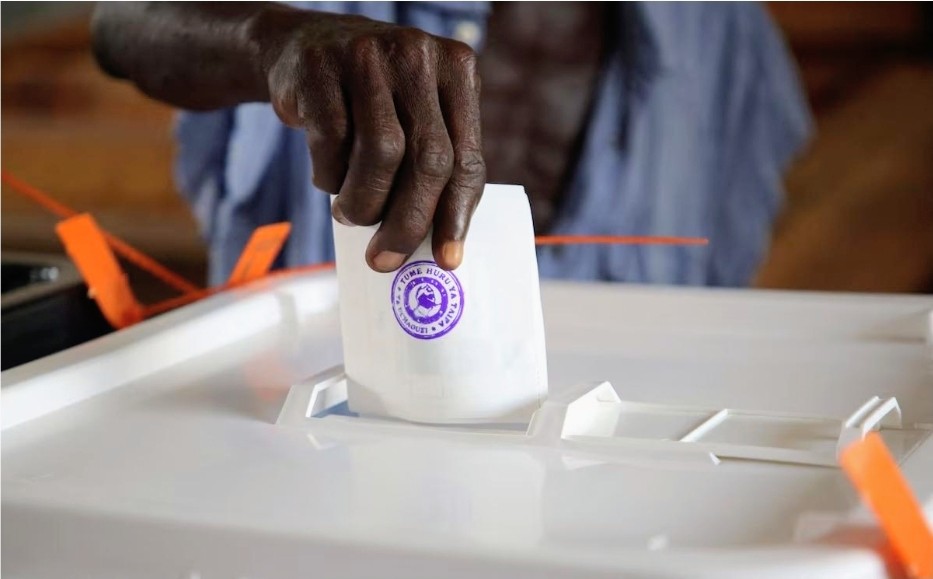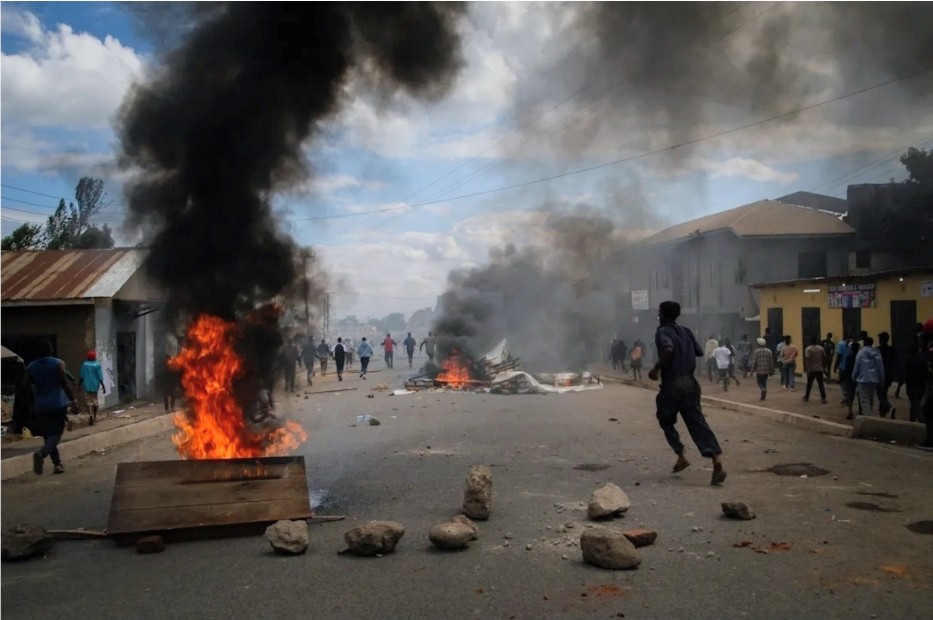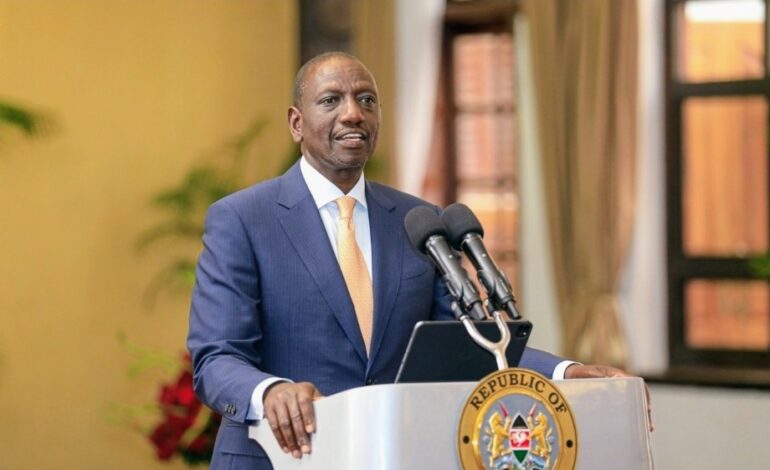
Wayne Lumbasi
The African Union (AU) has declared that Tanzania’s October 29 elections failed to meet democratic standards, citing widespread irregularities, voter manipulation, and a restrictive political environment that undermined the credibility of the process.
In its preliminary observation report, the AU Election Observation Mission said that while polling day was largely calm, the electoral process did not comply with the principles of fairness, inclusivity, and transparency outlined in the African Charter on Democracy, Elections and Governance. Observers said the entire election cycle, from candidate registration to the announcement of results, was marred by serious procedural flaws.

According to the AU, several opposition leaders were barred from contesting or detained before the vote, weakening political competition. Independent candidates were excluded by restrictive laws, and opposition rallies were often disrupted by police.
Observers reported that some polling stations opened late, voter lists were incomplete, and party agents were denied access to key counting centers. In several regions, there were allegations of ballot stuffing and multiple voting, with some polling officials accused of inflating turnout figures in areas loyal to the ruling Chama Cha Mapinduzi (CCM) party.
The mission also cited the suspension of internet and social media platforms during voting and tallying, which it said compromised transparency and limited citizens’ ability to monitor the process in real time. Independent observers were restricted in several districts, and in some cases, security officers reportedly interfered with their work.

The mission also cited the suspension of internet and social media platforms during voting and tallying, which it said compromised transparency and limited citizens’ ability to monitor the process in real time. Independent observers were restricted in several districts, and in some cases, security officers reportedly interfered with their work.
The AU further noted that the media environment was heavily tilted in favor of the ruling party. State-owned broadcasters and most private outlets devoted extensive coverage to CCM candidates and government programs, while opposition voices were either sidelined or given minimal airtime. This, the mission said, denied voters access to balanced information and hindered their ability to make informed choices.

While acknowledging that electoral materials arrived on time and most voters cast their ballots peacefully, the AU emphasized that the broader environment was neither free nor fair. It urged Tanzanian authorities to strengthen the independence of the electoral commission, guarantee media freedom, and allow open political participation.
President Samia Suluhu Hassan was declared the winner by a wide margin, but the announcement sparked protests that were swiftly suppressed by police. The AU called for restraint and dialogue, urging the government to investigate alleged irregularities and ensure accountability.
The AU’s findings were echoed by the Southern African Development Community (SADC), which also said the polls fell short of regional democratic benchmarks. A final AU report is expected to provide detailed recommendations on electoral reforms ahead of Tanzania’s next vote.
PREVIOUS REPORTS
CENSORSHIP, INTIMIDATION, AND FEAR: THE NEW FACE OF TANZANIAN DEMOCRACY








